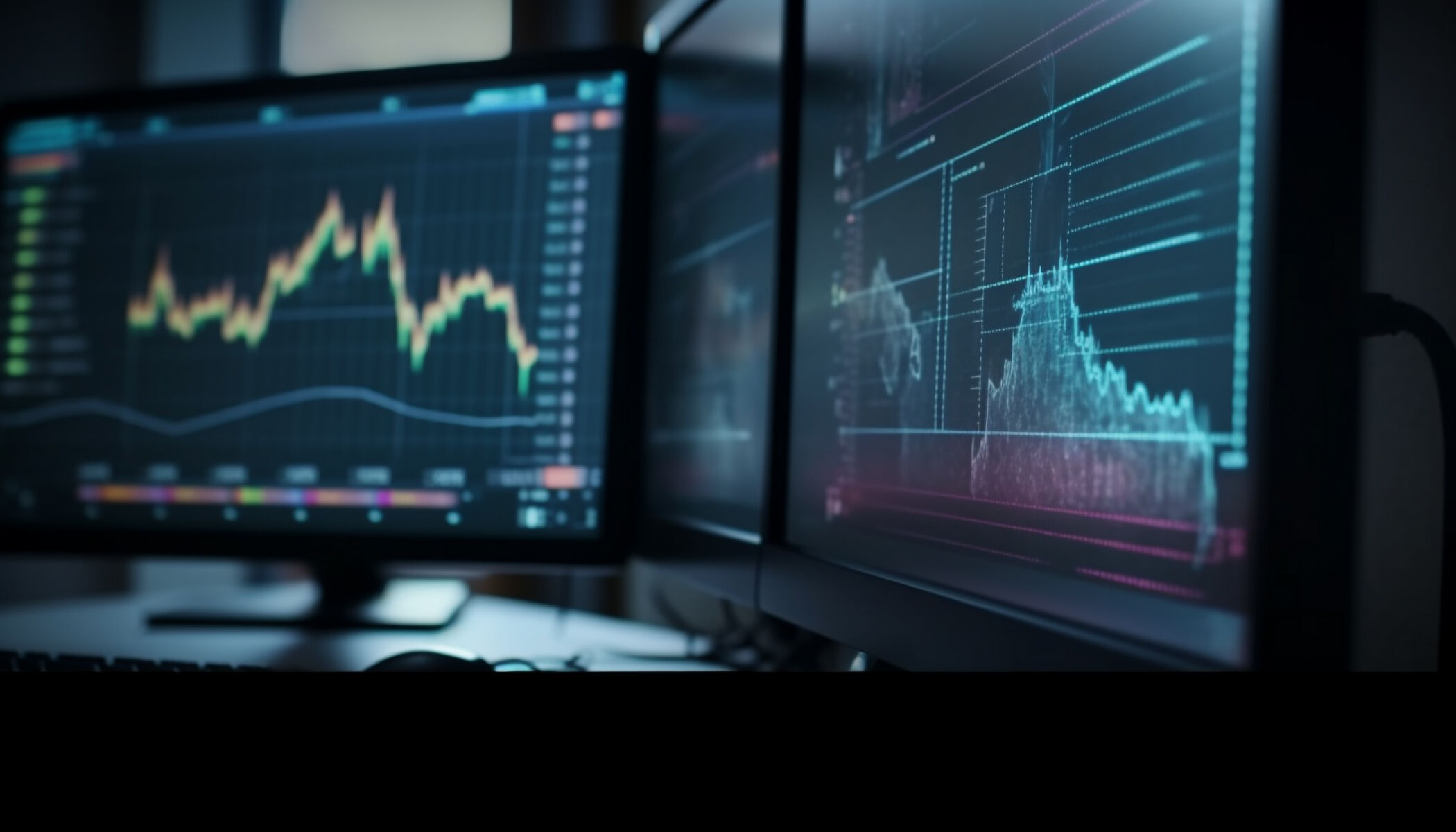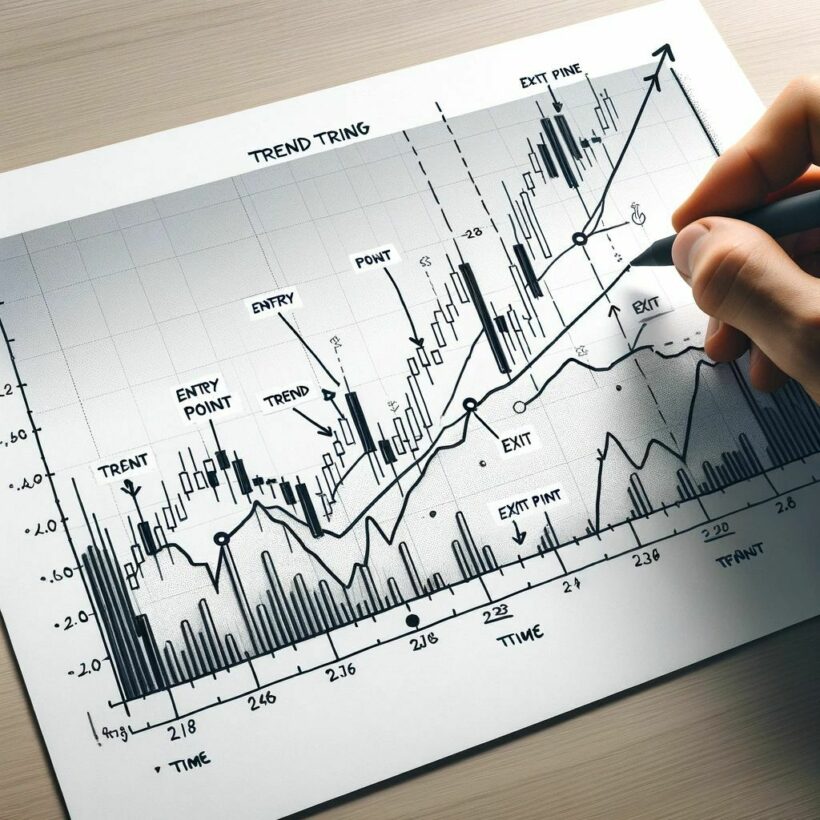Forex trading vs stock trading: key differences

When it comes to financial marketplaces, two of the most sought-after options for investors and traders are the stock market and the Forex market (where 7 trillion USD are traded daily). They both present a chance for earning a profit, but they work in particularly distinct ways.
It’s important for anyone who’s considering where they should invest time, effort, and money to know about these distinctions.
What Is Forex Trading?
Forex trading, or “foreign exchange trading,” is the act of exchanging one currency for another to make a profit from changes in exchange rates. The marketplace’s primary objective is to capitalise on these fluctuations—perhaps buying the euro while selling the U.S. dollar if you believe the euro will rise in value.
Forex trading represents the largest financial market in the world, with a daily volume exceeding $7 trillion. Operating 24 hours a day, five and a half days a week, it connects traders globally, enabling them to buy, sell, and monitor currencies at any time across major financial hubs such as London, New York, Tokyo, and Sydney.

What Is Stock Trading?
Stock trading entails trading of share units of publicly traded firms. It is a form of investment where a shareholder gets a minor ownership share of a given firm. Stocks are quoted on a controlled stock exchange, including the New York Stock Exchange or NASDAQ, where their prices fluctuate depending on the stocks’ performance, economic factors, and sentiment in the stock market.
Unlike Forex, where trading occurs at any time, stock market trading has established trading times, usually during an exchange’s business day. Dividend payments, a percentage of a company’s profits given out to shareholders, are also received by stock investors, which makes stocks suitable for both long-term investment and day trading.

Market Structure and Accessibility
One of the largest distinctions between stock trading and Forex trading involves market structure. Forex trading remains a decentralised market, as it has no central exchange. Instead, it occurs online between banks, brokers, and independent traders. This allows for non-stop trading with high liquidity; as a result, traders need to get in and out of positions instantly.
The stock market, on the other hand, is a centralised, regulated market governed by individual exchanges. Stocks are traded on a given exchange, with trades being forced to work through those controlled mechanisms. This increases transparency with respect to price and order flow, but restricts flexibility with respect to operating time.
Volatility and Risk
Both stock and Forex trading are volatile, but in different ways. Forex tends to respond fiercely to macroeconomic announcements, central banking actions, and international political upheavals. A simple statement about interest or inflation rates may send currency pairs reeling in a matter of minutes.
Stock prices, on the other hand, react more to firms’ specific episodes — for example, earnings announcements, mergers, or new product launches — as well as general conditions in the economy. Stocks, as large as they may swing, move with a much lower frequency than currency.
Risk management for both markets is crucial. Forex traders must always watch out for leverage, whereas stock traders must watch out for diversification as well as exposure to a market.

Liquidity and Trading Costs
Forex has outstanding liquidity, particularly for large currency pairs such as EUR/USD or USD/JPY. Such high liquidity generally translates to narrower spreads (the spread between buy/sell prices) as well as lower costs of transactions.
Liquidity in the stock market changes with respect to the popularity as well as the size of a company. Blue-chip stocks such as Microsoft or Apple are very liquid, but smaller or lesser-known firms possess wider spreads as well as lower trading volumes, making trading costlier.

Both Forex trading and stock trading come with distinct opportunities as well as hazards. Forex trading holds unbeatable liquidity, 24-hour-a-day trading, as well as high leverage, which creates a volatile marketplace for active traders. Stocks, meanwhile, give ownership in tangible firms, possible dividend income, as well as a sound structure for long-term investing.
Ultimately, it comes down to your investment objectives, risk, and time commitment. Some investors actually utilise both markets – employing Forex for day trading and stocks for long-term appreciation. With key distinctions in mind, traders will make more informed choices and create a plan tailored to individual investment experience.
Latest Thailand News
Follow The Thaiger on Google News:


























